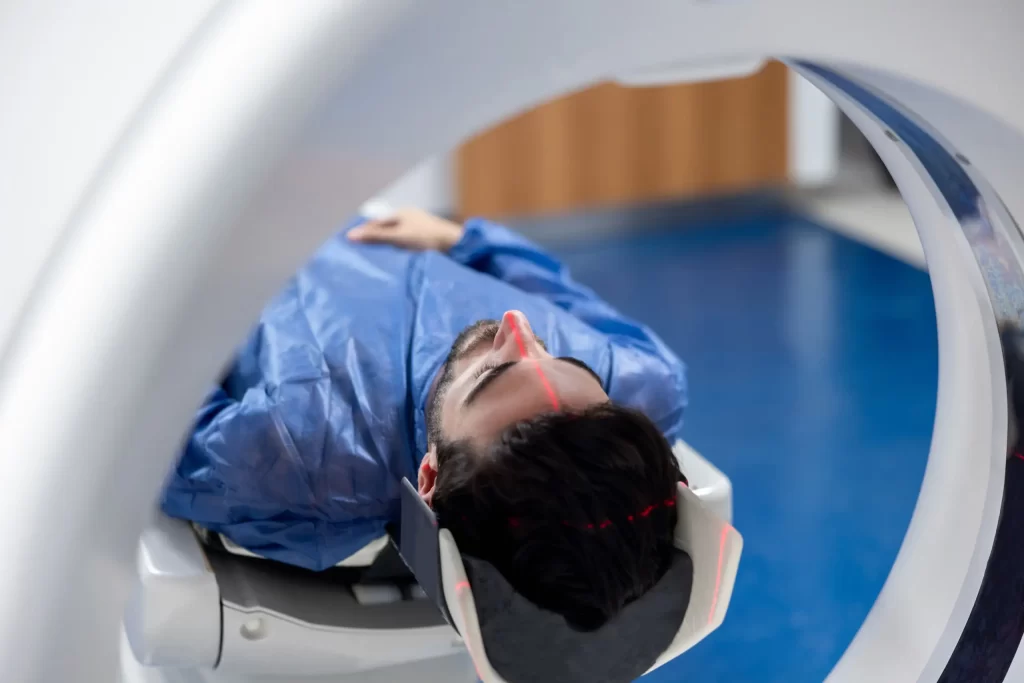Posted: 13/01/2025
NHS Cancer Diagnosis and Treatment Targets
Reading Time: 3 minutes
NHS England previously set a target for 75% of all cancers to be diagnosed early by 2028 and recent data from the NHS indicated that, whilst progress is certainly being made, the NHS still looks set to miss this target.
At present, cancer registration data shows that 120,958 of the 206,038 common cancers diagnosed between September 2023 and August 2024 were identified at an early stage. This is an improvement on the pre-pandemic levels but it is only 58.7% of diagnoses and a long way short of the 75% for which the NHS is aiming.

According to research from Cancer Research, as part of their Early Diagnosis initiative, nearly half of patients with a known staging for their cancer diagnosis are diagnosed at later stages, namely stage III or IV and nearly 1 in 5 newly diagnosed cancer patients in England still receive their diagnosis via an emergency route.
Although not all of these diagnoses will have been able to be diagnosed earlier, at least some could and should have been picked up earlier, whether due to specific errors made by healthcare professionals or due to systemic issues within the NHS.
With cancer, early diagnosis is crucial for giving patients the best chance of survival and recovery. When cancer is diagnosed at a late stage, treatment options that may have been available with early diagnosis may no longer be available and a cancer that may have been curable may no longer be.
Cancer research continue to urge the NHS to continue to focus upon improving the rates of early diagnosis. Their missing statement is to push for:
- Support for public awareness campaigns, such as Be Clear on Cancer, raise awareness of the signs and symptoms of cancer and encouraging people to seek help promptly.
- Increasing the uptake of bowel screening, seeking the Government to ask local areas to increase the uptake of such screening by at least 10%
- Generally strengthening the system and processes that support cancer diagnosis
More detail about the Early Diagnosis Initiative can be found by accessing the following link: Early Diagnosis Initiative | Cancer Research UK

As well as improving early diagnosis of cancer, it is also vital that the NHS make improvements in respect of cancer treatment. Starting treatment in a timely manner, likely early diagnosis, helps to give the best chance of survival and recovery; the NHS target is for 85% of patients to start there treatment within 62 days of the referral for suspected cancer but the current statistics show that only 68.2% of people in England started their treatment within this timeframe. The impact of such a delay differs dependent upon the cancer type but broadly, the overall impact of such a delay is negative. In fact, a study by the British Medical Journal from 2020 concluded that even a 4 week delay resulted in a 6-8% increased chance of death.
If you or a loved one been diagnosed with cancer and you feel that there has been a delay with diagnosis or treatment, please contact our Medical Negligence team to discuss if you may have a potential claim.
FRIENDLY, EFFICIENT LEGAL ADVICE
We’re ready to chat when you are
Drop us an email or give us a call for a no obligation chat to see if we can help.